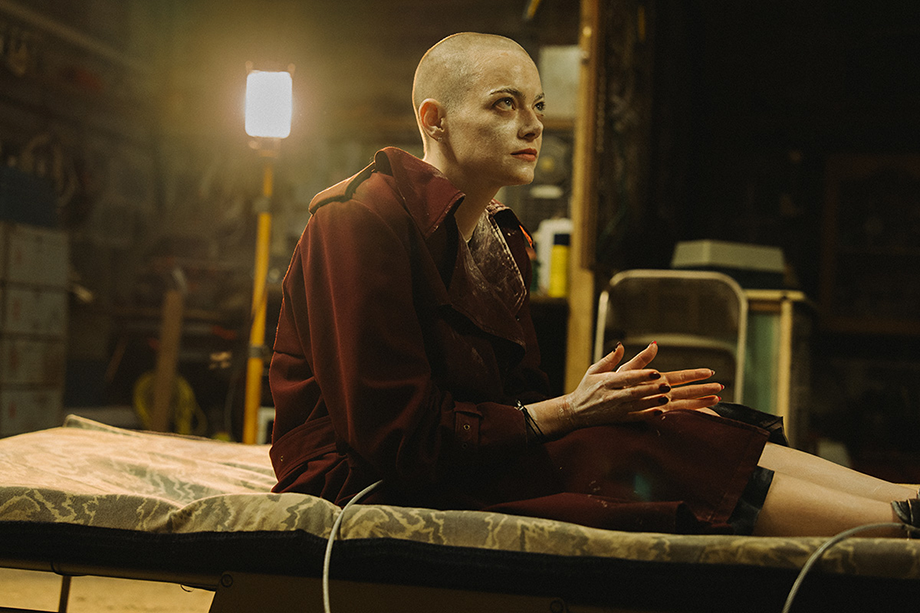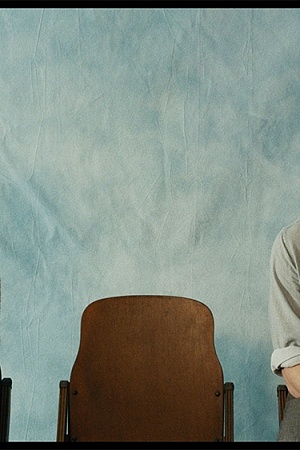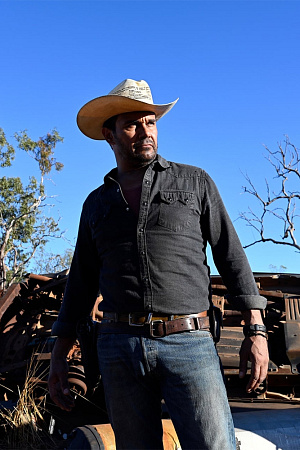Bugonia

In recent years, much fuss has been made about our foremost filmmakers’ apparent reluctance to set their films in the present day. Instead, they have flocked to the comforts of nostalgia, just as audiences have. Christopher Nolan retreated to the building of the atom bomb (and next year, ancient Greece). Quentin Tarantino still pines for a lost Los Angeles of the 1970s. Martin Scorsese hasn’t made a present-day film since 2006’s The Departed, while Robert Eggers has said, ‘the idea of photographing a cellphone is just death’. With the exception of Chloe Zhao’s Nomadland (2020) and, I suppose, Greta Gerwig’s Barbie (2023), our reigning generation of filmmakers seems wholly unequipped – or perhaps simply unwilling – to meet our present moment head on.
Continue reading for only $10 per month. Subscribe and gain full access to Australian Book Review. Already a subscriber? Sign in. If you need assistance, feel free to contact us.










Leave a comment
If you are an ABR subscriber, you will need to sign in to post a comment.
If you have forgotten your sign in details, or if you receive an error message when trying to submit your comment, please email your comment (and the name of the article to which it relates) to ABR Comments. We will review your comment and, subject to approval, we will post it under your name.
Please note that all comments must be approved by ABR and comply with our Terms & Conditions.